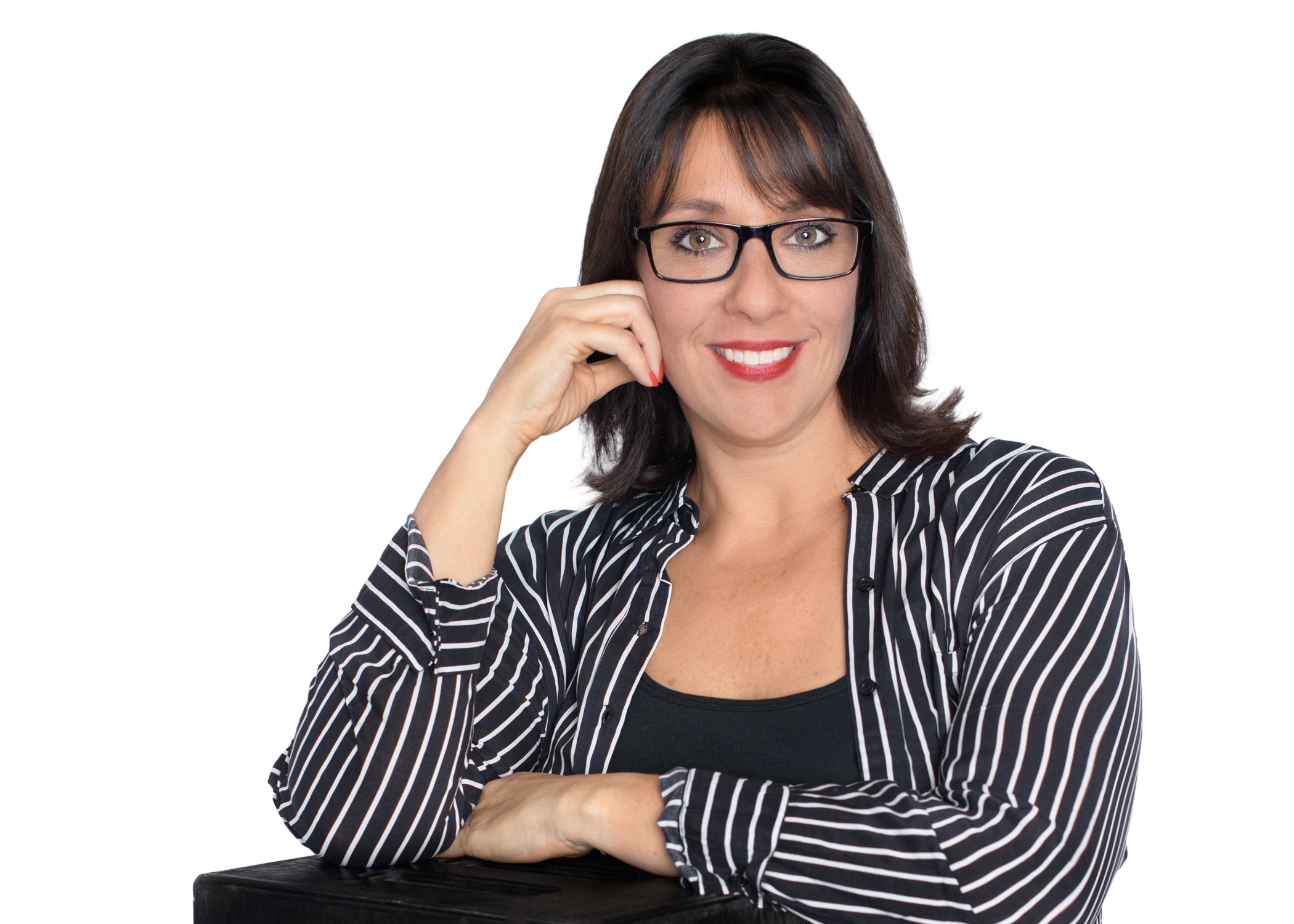The top three questions to ask when looking for a holistic approach to cancer treatment
One of the most important allies you can develop during your cancer treatment will be your oncologist. How do you know if the oncologist you are seeing is right for you? For many, this is based on individual preference but there are three key questions you may want to ask before deciding if this Doctor-Patient relationship will work best for you.
Are you open to alternative and complementary practices with your treatment protocol?
If a holistic approach to your cancer treatment is important to you then you’ll want to partner with an oncologist that will support this decision. Many oncologists have no formal training in an integrative approach to cancer care and won’t be comfortable agreeing to anything outside of conventional treatments. The key issue to address is if the oncologist would continue to provide your cancer care while you simultaneously see a trained Naturopathic Doctor.
What are the potential side effects of this treatment (short-term and long-term)?
You’ll want an oncologist that is mindful about the long-term risks involved in the treatment protocols they are planning. If your oncologist only discusses short-term side effects (hair loss, nausea, weight loss) then the delicate balance of choosing lifesaving treatment versus harms of treatment may not be considered with your future health in mind. It is important to not only survive the initial cancer but to be informed about future preventative care for recurrence or late term effects from treatment.
Should I make any changes to my diet or lifestyle during or after treatment?
Again, many oncologists receive little training on the benefits of nutrition and lifestyle changes. Often patients are told there is no value in these approaches. There is, however, a growing body of evidence that points to significant improvements to a patient’s quality of life with nutrition and lifestyle changes. You’ll want an oncologist that has some training or at least supports this approach as part of an important aspect to your cancer care.
Of course, there are other specific and individual questions and concerns you’ll want to ask your oncologist. These three key questions should help with making one of the most important decisions about what oncologist will work best for you. Avoiding an oncologist that resists an integrative approach to your treatment will help you focus more on battling your cancer.








